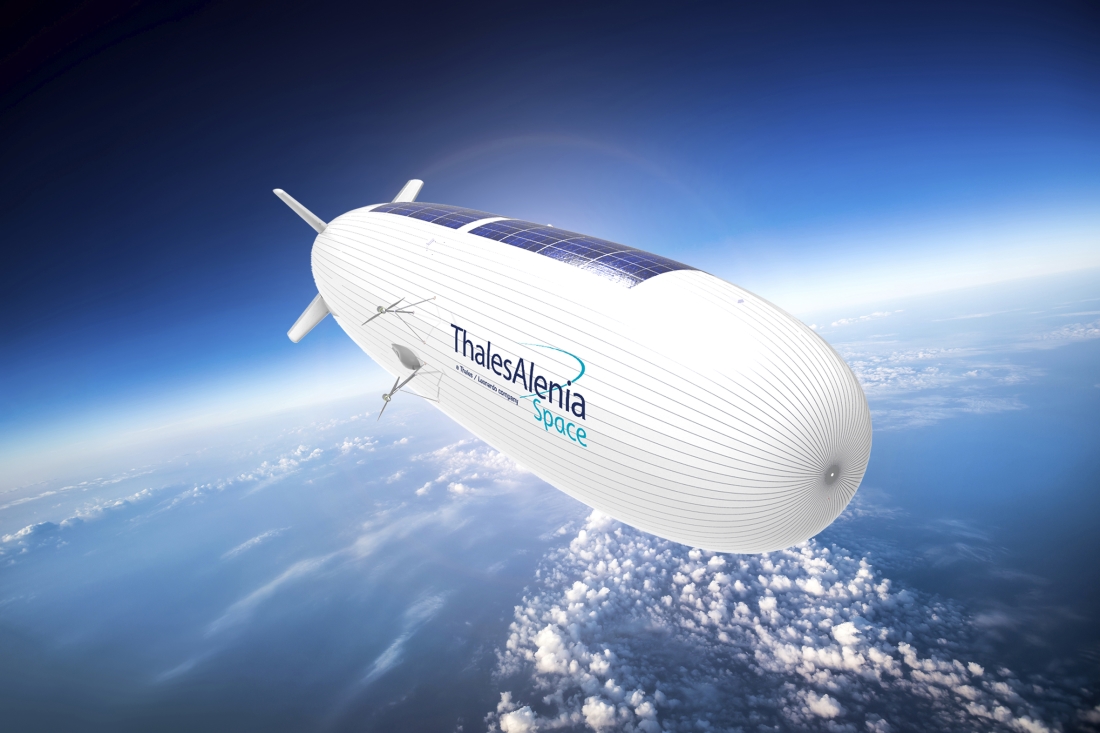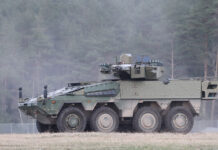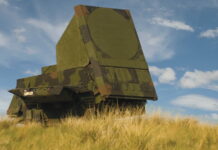Thales Alenia Space, a joint venture between Thales (67%) and Leonardo (33%), announced the initiation of the European High-Altitude Platform Systems (EuroHAPS) project on 9 March 2023.
A demonstration project selected by the European Commission on 20 July 2022 after a call for collaborative defence research and development projects from the European Defense Fund (EDF), EuroHAPS has an estimated total cost of EUR 63.52 M but receives a maximum EU contribution of EUR 43 M. The expected duration of the project is 38 months.
Under the project Thales Alenia Space is co-ordinating a European consortium of 21 partners and 18 subcontractors, with the main partners being CIRA, Elettronica and Leonardo from Italy, ONERA and CEA from France, INTA from Spain, and ESG with TAO from Germany.

The project will deliver to the point of flight demonstrations three complementary stratospheric platforms. For the first of these Thales Alenia Space will lead the development of a reduced-scale version of its Stratobus concept: a solar-powered airship designed for long-endurance missions and offering a large payload capacity. Secondly, CIRA will lead the delivery of a Hybrid High Altitude Airship (HHAA, or tactical HAPS), which will be capable of generating extra lift using a wing airfoil. The third platform will be an Autonomous Stratospheric Balloon System (ASBaS) from ESG and TAO consisting of a series of three altitude-controllable balloons.
The idea of producing these three complementary platforms is to give EU countries a broad spectrum of solutions to meet a variety of different requirements.
“These platforms will test a range of missions, including lidar observation to detect and classify targets at sea or on land, and for the latter the ability to detect them in environments with vegetation cover,” a press release on the Thales website stated. Communications intelligence (COMINT) and electronic intelligence (ELINT) missions will also be tested, as well as a meshed broadband communications network for air and land players.”
HAPS offer a new opportunity to complement ground-based, satellite-based or airborne assets with unique capabilities tailored to operational requirements,” the Thales press release explained. “The stratosphere is a domain largely ignored until now that supports very-long-duration missions — up to one year — at relatively low altitudes (about 20 km), thus affording excellent resolution for observation missions and robust [links] for communications missions.”
The EuroHAPS project is being conducted with the support of six defense ministries (France, Italy, Spain, Germany, Hungary and the Czech Republic), the European Commission, the French Sud regional authority and the Canary Islands region. The latter is on board the project because, although some demonstration flights are planned to take place out of Sardinia, others will take place from Fuerteventura island, starting in 2024.
As well as demonstrating the platforms, the test flights will address the main technical risks associated with the required technologies and allow the refining of operational requirements to ultimately enable the development of future HAPS platforms.
Peter Felstead












